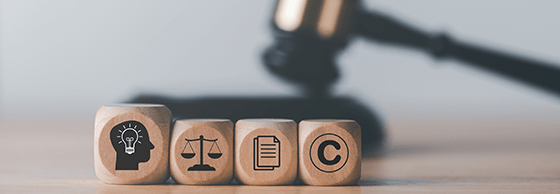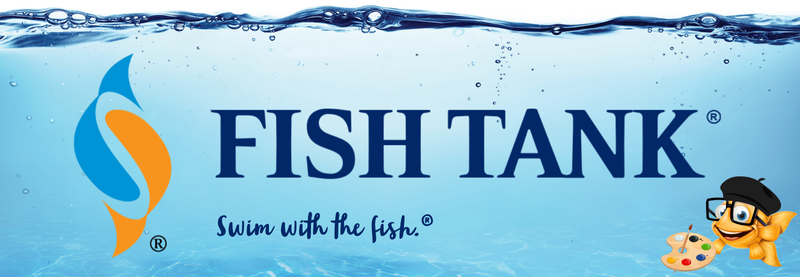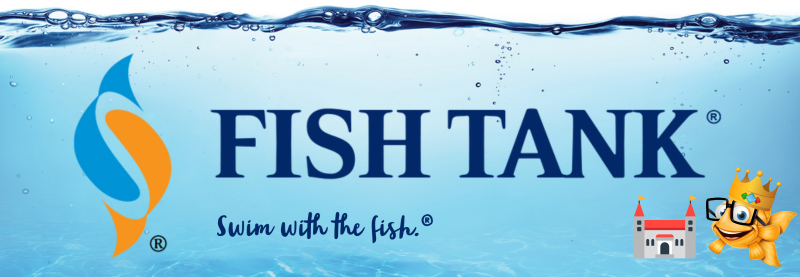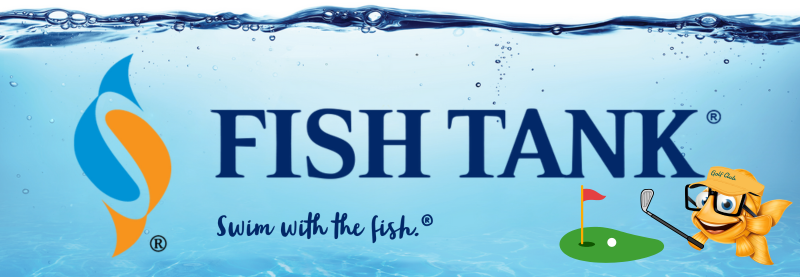Intellectual Property Insights from Fishman Stewart PLLC
Newsletter – Volume 23, Issue 6
Share on Social
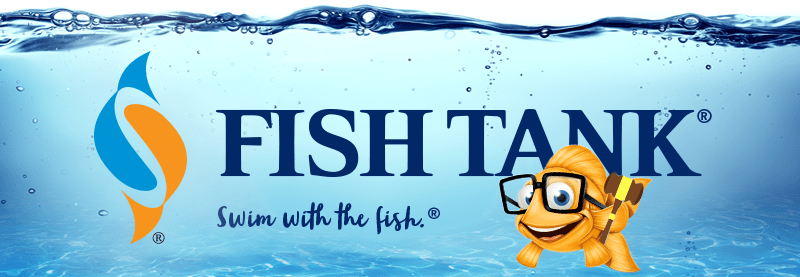
When You Fall from Your Rollerblades, Wipe the Blood with a Kleenex, Take an Aspirin, and Slap on a Band-Aid: How Proprietary Trademarks Fall into the Public Domain as Generic Terms.
By Julie A. Greenberg
People are familiar with the most famous examples of trademarks which have been “lost”—or almost lost. That is, brands that were once proprietary and became, “generic,” like ASPIRIN, CELLOPHANE, and HULA HOOP. Some have been able to preserve their trademarks as proprietary marks registered with the U.S. Trademark Office (HULA-HOOP and BUBBLE WRAP each maintain registrations, for example). What does it mean when a proprietary trademark becomes a generic term?
To start, it is important to understand that trademarks are brands, or source identifiers. They help consumers distinguish between one source of goods from other sources. Some trademarks, especially the arbitrary or meaningless ones, are quite memorable (e.g., GOOGLE, GAP, and NIKE). These terms either have no inherent meaning (like KODAK) or have no meaning as they relate to the underlying goods they are associated with (like GAP).
Other marks suggest something about the products they are used with—they have some tie to the underlying goods but are still strong marks. Examples are NETFLIX, KITCHENAID, and 7-ELEVEN; all are strong source identifiers.
Some marks are descriptive but with sufficient brand promotion they can acquire strong trademark rights. Think BANK OF AMERICA, RICE KRISPIES TREATS, and THE HOLLYWOOD REPORTER: all very strong brands.
Generic terms, however, are not entitled to any legal trademark protection. Generic terms are common terms for the underlying goods themselves—apple for apples or used cars for, you guessed it, used cars. For public policy reasons—even First Amendment reasons—the public must retain the free unfettered right to call and sell things by their generic names (“sunscreen sold here” for a seller of sunscreen).
No one can steal from the public domain an exclusive right to a generic term for use in its generic manner. That is why APPLE is not a protectable brand for apples, but APPLE is a protectable brand for computers.
So what happened to one-time well-known trademarks like THERMOS or ASPIRIN to make them lose their once valuable proprietary trademark protection?
The loss of a mark from proprietary to generic—or genericide—is due to the way the goods are referenced by consumers. To understand, the focus is not as much on what happened to the brand as what happened to the underlying goods. In all cases where a once-protectable mark loses its brand status, it is the way the goods are referenced that brings about the trademark’s demise. That is, consumers begin to refer to the underlying genus of goods not by their ordinary words, but rather by their brand. So, tissues become known as “KLEENEX,” plastic wrap becomes known as “SARAN WRAP,” and acetylsalicylic acid tablets become known as “ASPIRIN.” In the trademark world, these marks become genericized. Other examples of genericized marks: THERMOS, ESCALATOR, and CELLOPHANE.
To keep a valuable trademark from falling off the genericness cliff, trademark owners must robustly remind the public to only use their trademarks as a reference to their brand. Thus, Rollerblade® reminds the public that it sells Rollerblade® brand in-line skates, Kleenex® sells Kleenex® brand tissues, and Band-Aid® brand bandages cover scrapes and cuts.
Ponder that while sweating it out in PILATES class (former trademark, now a generic) or a SPINNING class (the term SPINNING is embroiled in trademark litigation, alleged to be generic).
Related Content from Fishman Stewart
People have long pondered whether or not the Giza pyramids were indeed solely burial chambers, which was the only known, and archaeologically determined, use—until now.
As the story goes, Klein was so taken with the indescribable blue of the sky over the Mediterranean in Nice, France, that he dedicated his artistic talent developing a blue that would imbue the canvas with this color in its purest form.
Despite her pseudo-legal background in Suits, Meghan has been running into one issue after another in her efforts to register the trademark and logo for her new lifestyle company, for now, called “AS EVER”.
By 1930, efforts began in New York to replace Mother's Day with Parent's Day because men were more than just breadwinners. Those efforts didn't catch on, probably because in that era, women often spent more time in the home.
In February, Nike and Skims announced that they will be working together on a new brand, NikeSkims. The co-brand will create a new line of training apparel, footwear, and accessories specifically designed to meet the unique needs of women athletes.
Generally, federal courts have exclusive jurisdiction over copyright cases, and often, this presents an insurmountable paywall for individual artists and small businesses to vindicate their rights, especially where the value of the individual copyrighted works are relatively low.
Dedicated to raising public awareness about the importance of encouraging innovation and creativity throughout the world, the World Intellectual Property Organization (WIPO) annually observes World Intellectual Property Day on April 26 to showcase the role that patents, trademarks, industrial designs, copyrights and trade secrets play in our everyday lives.
Hold onto your foam fingers, sports fans – college sports just got a whole lot more interesting! The latest updates to Name, Image, and Likeness (NIL) rules are making student-athletes bigger than ever, and it’s not just about the game anymore.
Did a federal court in Louisiana recently decide that US copyrights are global rights? It seems so.
L.A.B. Golf aims to protect its innovations, and therefore its market position, owning three patents for its zero-torque design. The question now is whether L.A.B. Golf can withstand the wave of copycat designs.
IDENTIFYING, SECURING AND ADVANCING CREATIVITY®


